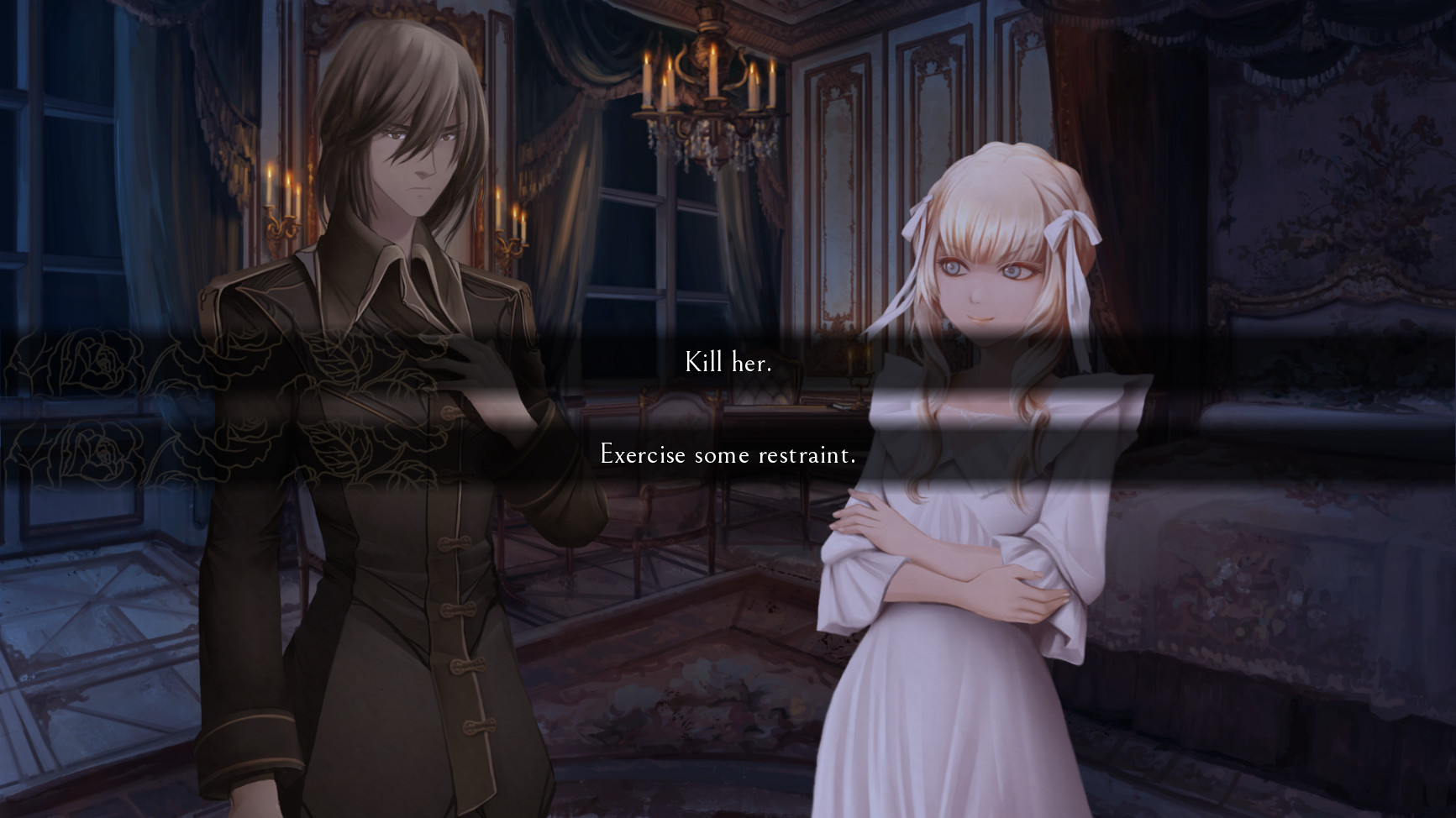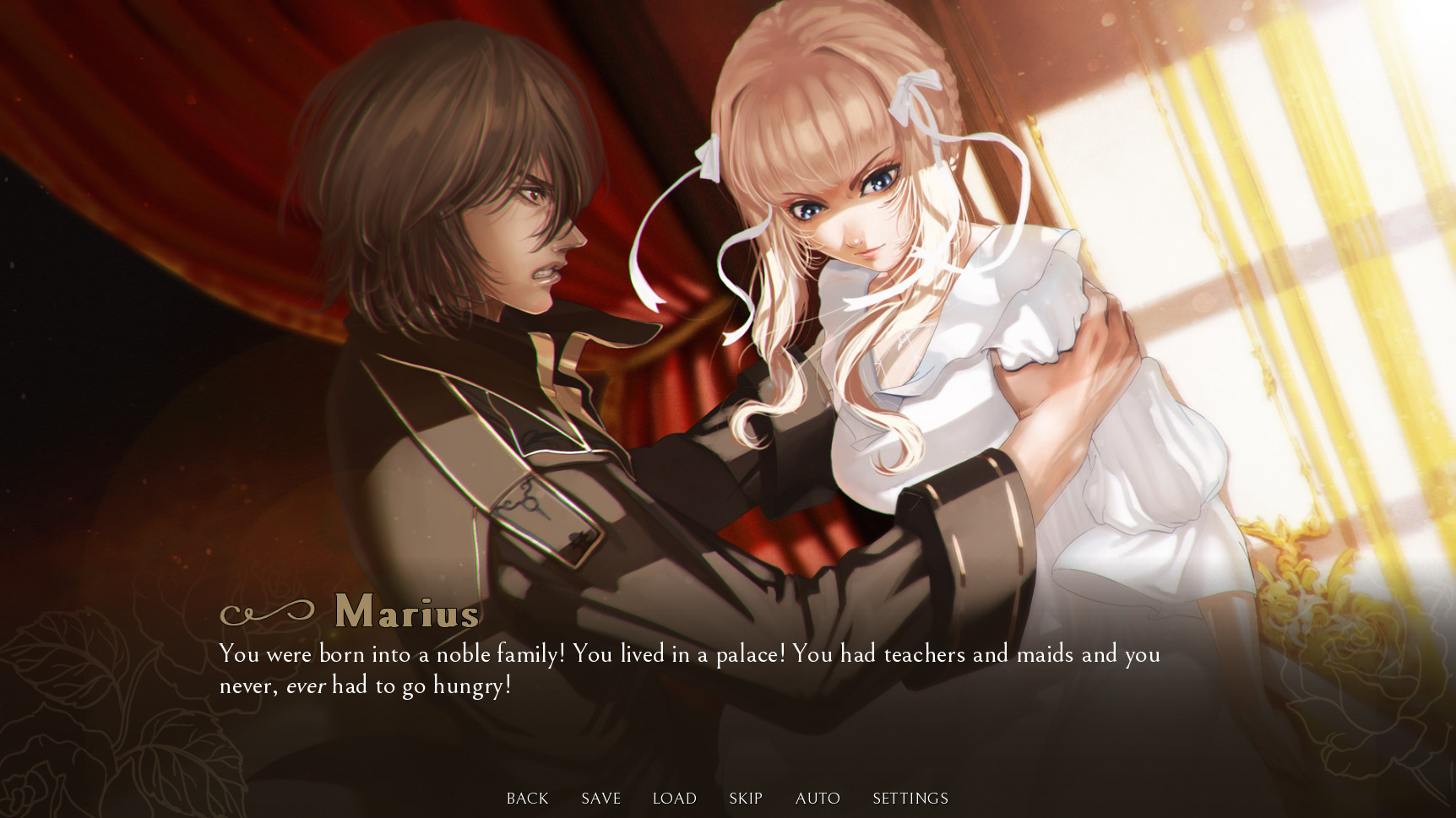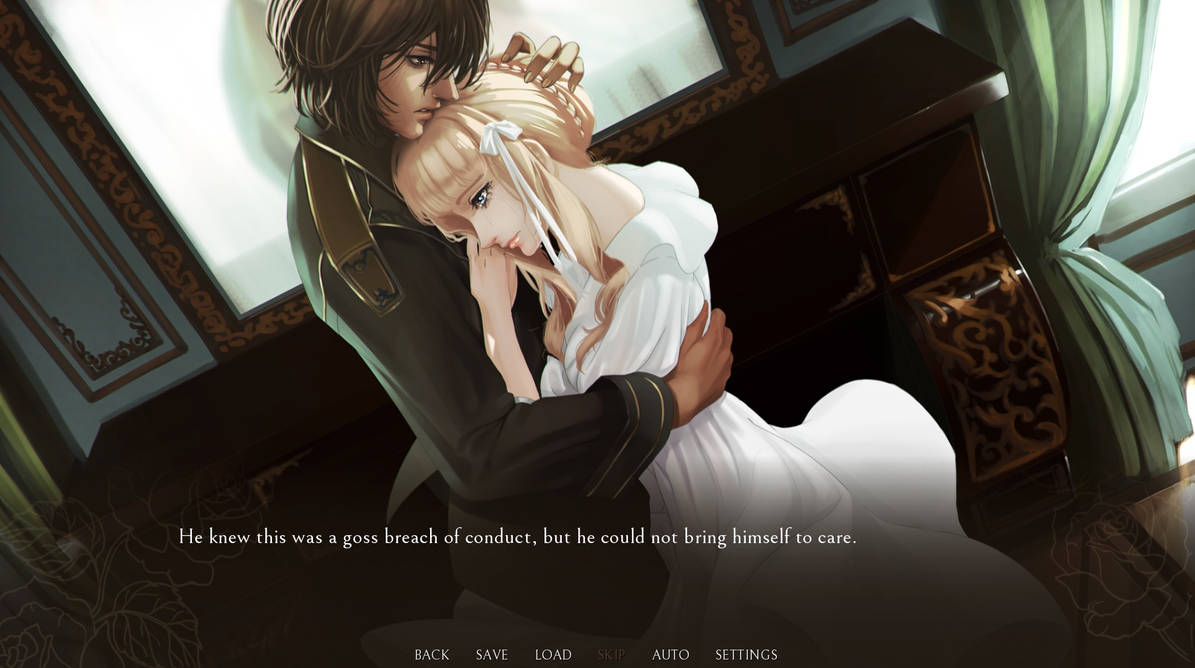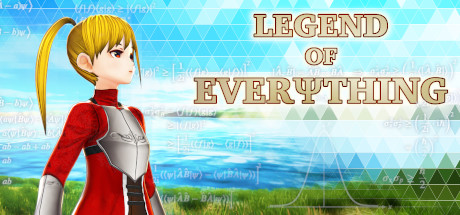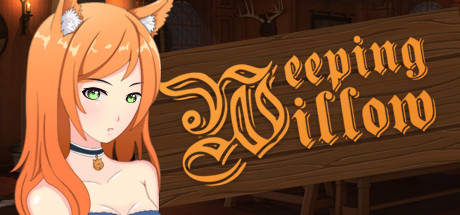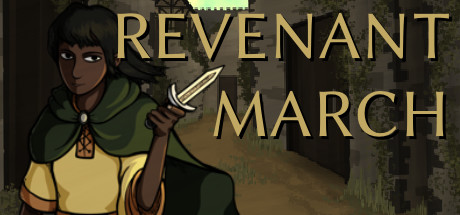
Disclaimer: I was provided with a review copy of the game by the developer. All opinions presented are my own.
Released on Steam in late February 2020, this new title by ebi is
loosely based on the last years of Marie Antoinette’s life, where she
was imprisoned by the revolutionaries and eventually executed for her
perceived crimes against the French people. It transfers these core
events and many features of the queen’s biography into a fictional setting, closely resembling 18th-century France, but without any
pretences for full historical accuracy. However, instead of a grant
political tale, what plays out on this stage is a very intimate drama
involving the deposed queen, Liliane, and Marcus, a revolutionary who
led the assault on her palace and unwittingly became her jailor. In
isolation and hopelessness, the relationship between the two will be
redefined in a few possible directions, fluctuating between naïve
fascination, hate and, possibly, mutual understanding and affection,
making for a rather captivating literary experience and one of my new
favourites in ebi’s catalogue. But what makes it this special?
Considering
its inspiration, the game’s plot leads to some predictably grim
conclusions – however, it’s hardly a full-on utsuge, featuring many
ambivalent, and even hopeful moments
Me calling The End of an Actress
“intimate” is connected less to its romantic elements and more to its
storytelling formula, focused very heavily on interactions between
Liliane and Marcus, with other characters present in a purely episodic
manner, usually without even having sprites. After capturing the queen,
Marcus is tasked with keeping her imprisoned in her palace until she can
be tried for her crimes – a process that is constantly prolonged by the
legal and political disputes between the revolutionaries. With Liliane
permanently confined to her bedroom and Marcus, as the most trusted
agent of the revolution’s leadership, unable to leave his post as her
jailor, the two become the only meaningful sources of human interaction
for each other for months-on-end. In this time they have many
opportunities to rework their preconceptions about each other and the
peculiar “relationship” they shared – a hopeless fascination of a poor
orphan, sparked by the queen that once embodied hope and national pride,
but became the reviled symbol of monarchy’s corruption, turning all
that love into disappointment and hate.
While we observe the story primarily from Marcus’ perspective, the most
interesting part of it is probably still the queen. Proud and arrogant,
she never allows herself to show fear or weakness, even when her life
is threatened by the revolutionaries. She also seems to show little
remorse for the disastrous reign, despite being confronted with her
failings by Marcus on multiple occasions. Over time, however, she shows
more of her true thoughts, as fatigue and new tragedies striking her
family make her persona crumble. Her relationship with Markus evolves
accordingly, although how far this change will go depends on the
player’s choices. There’s even an option in which Markus kills Liliane
immediately after storming the palace, which is more or less the outcome
she hoped for, allowing her to escape the humiliation of being
imprisoned and executed like a criminal. Other endings, while also
tragic in their own ways, involve Marcus and Liliane getting closer to
understanding each other and forming a genuine bond – with the “best”
ending blooming into a short, hopeless romance.
The
game’s art, with its level of detail and otome-feeling character
designs, does a good job of presenting the quasi-historical setting and
building appropriate climate
While
the game definitely has an utsuge vibe, with no “happy ending” that
could fully circumvent the characters’ hopeless circumstances, I
wouldn’t necessarily call it depressing. It focuses less on the
impending death that is awaiting Liliane, and more on the paths that led
her and Markus to this point, along with their clashing personalities
and ideals. The true strength of the VN lies exactly with how compelling
they are as characters – both are essentially wearing masks, playing
roles they think they’re obliged to perform while hiding their true
feeling and the pain the current situation brings them. The more their
façades crack, the more complex things become, with internal conflict,
regrets and vulnerabilities showing up on each side. Particularly the
character of Liliane is, even at her most sympathetic moments, highly
ambiguous, quite like her historical counterpart. Her unhappiness and
limited influence in no way absolving her selfishness and careless
pursuit of pleasure at the time when her kingdom was crumbling, but lets
the reader understand her better. At the point they’re at, neither
Liliane nor Markus can hope for redemption, but they can achieve some
kind of closure and the endings in which this happens are, in my
opinion, more touching than plain sad.
In the “best” route, the romance between the queen and Marcus leads to
the game’s sole sex scene, which is quite like the one I complimented last year in ebi's The Language of Love
– not overly explicit and very much story-relevant. I was quite worried
it would feel out of place considering the dire circumstances the
characters are at, particularly in the later parts of the story, but it
felt like an appropriate and believable conclusion to the troubled
romance, exploring the characters in new ways. I find this “softcore”
formula a lot more meaningful than the typical h-scenes and I’m glad
that’s how the erotic content was dealt with in this case. And speaking
more broadly, I have a hard time pointing out something I didn’t like
about the story in The End of an Actress. The biggest one I can
think of is that between the 5 different endings, not all of them are
very distinct. Also, not everyone will be satisfied with its
small-scale, melodramatic approach to topic, resembling a minimalistic
stage play rather than an epic political drama, but I think that it was
excellent in what it was trying to achieve. Even the way the queen’s
character has been modified, being younger and less politically involved
than her historical inspiration, shows that this was meant to be, above
all, the story of her and Markus as people, very much succeeding in
this task.
The
typos in the initial release often showed up in most unfortunate
moments, but in my experience, such details are pretty much as far as
this game’s flaws go
Visually,
the game uses a rather detailed artstyle somewhat resembling otome
games, which are also quite often period dramas – this also applies to
Markus’ design, as he could easily pass as an ikemen in an Otomate
title. The setting, while fictionalized, represents XVIII-century France
in a rather believable manner, with environments and various details of
daily life seeming decently-researched and consistent. For history
buffs, the highly-simplified version of the French Revolution, starting
with the abolition of monarchy and imprisonment of the royal family,
might be something of a disappointment, but it's believable-enough as
its own story and gives all the necessary context for the core
narrative, that is one about the relationship between Lilian and Markus.
The minimalism of the story also made it possible for the few
backgrounds and CGs being decently-detailed and while the game does not
linger on the extravagance of the royal palace or show much of Liliane’s
life before imprisonment, it gives a good-enough impression of its
lavishness. And finally, the music consisting mostly of classical tunes,
would not be out of place in a good TV drama set in the same period –
it's nice to listen to, despite the overall sad tone and enhances the
climate of the whole experience. There's even an original song that
kicks in during some of the most touching moments of the story and
although I usually prefer instrumental background music in VNs, this one
blended in very well without taking me out of the experience.
Ultimately, The End of an Actress
was a highly refreshing and satisfying experience for me, using a
formula heavily under-utilized in VNs other than otome and telling a
genuinely emotional, impactful story. While its clear focus on personal
drama and romance will not appeal to everyone, it delivered on its
promises and kept good pacing and climate all the way through. While I
had a somewhat ambivalent experience reading ebi's previous period drama, Blackberry Honey, being tired of the persecution the
protagonist constantly suffered through and the extremely slow story
progression, here I was kept engaged by the consistent character development and
thought-provoking ambiguity of the events. It wasn't perfect, as the
romance didn't avoid a few cheesy moments and the first bad ending CG
got a clearly-unintended chuckle out of me, but such details could not
really undermine my overall, extremely positive impression. If this kind
of story is even remotely within your preference, I deeply recommend
giving this VN a try – in its category, there are few better ones.
Final Rating: 4,5/5
Pros:
+ An interesting, complex relationship between the main characters
+ Well-constructed quasi-historical setting
+ High-quality art
+ Climatic soundtrack
Cons:
– Some endings feel similar to each other/repetitive
– The political context is only vaguely portrayed, as a background for the personal/romance drama
VNDB Page
Buy The End of an Actress on Steam or Itch.io

